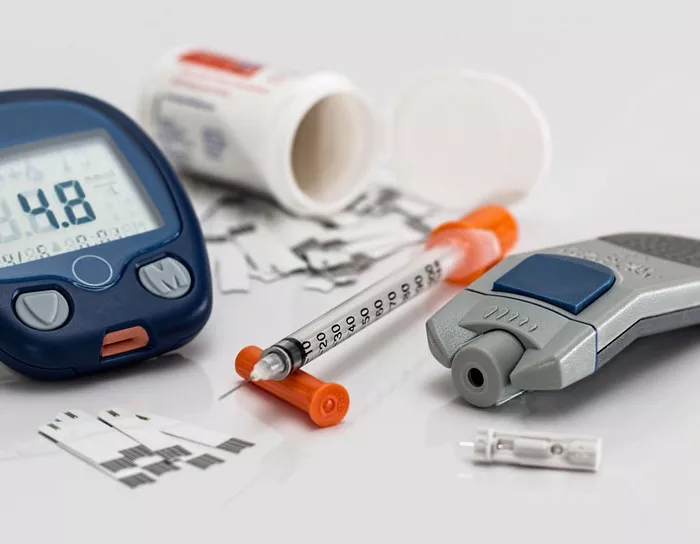A new study led by the University of Cambridge has found that eating processed or red meat significantly increases the risk of developing type 2 diabetes. According to the study, consuming just two slices of ham per day could raise the risk of diabetes by 15%.
The research, which involved 2 million people from across the globe, is the largest and most comprehensive study to date investigating the connection between meat consumption and type 2 diabetes. The findings reinforce the need to moderate red and processed meat intake as part of a strategy to combat the global diabetes epidemic.
With more than 400 million individuals diagnosed with type 2 diabetes worldwide, the disease is a major contributor to blindness, kidney failure, heart attacks, strokes, and limb amputations. Alongside weight management and increased physical activity, improving dietary habits has long been identified as a key factor in lowering the risk of this condition.
The study, which conducted a meta-analysis of nearly 2 million adults from 20 countries across Europe, the Americas, Asia, and the Pacific, found a strong correlation between meat consumption and diabetes risk. Published in the Lancet Diabetes & Endocrinology journal, the results support existing dietary guidelines that recommend limiting the consumption of processed and red meats.
“We now have the most compelling evidence yet of the association between both processed and unprocessed red meat consumption and an increased risk of type 2 diabetes,” said Professor Nita Forouhi from the University of Cambridge, one of the study’s senior authors. She emphasized that reducing meat consumption could help reduce the incidence of diabetes in the population.
The analysis, conducted under the InterConnect project funded by the EU, revealed that consuming 50 grams of processed meat daily—the equivalent of two slices of ham—was linked to a 15% increase in diabetes risk over the next decade. A daily intake of 100 grams of unprocessed red meat, such as a small steak, was associated with a 10% increase in risk. Even poultry consumption, at 100 grams daily, raised the risk by 8%, although further investigation is required to confirm this link, as the association appeared less robust compared to red meat.
In the UK, health guidelines from the NHS already advise reducing red meat intake to less than 70 grams per day for those who consume over 90 grams regularly. These guidelines cover meats such as beef, lamb, pork, and processed options like sausages, bacon, and salami.
By using data from the InterConnect project, researchers were able to adjust for various lifestyle and health factors, providing a clearer view of the link between meat consumption and diabetes risk. The study’s lead author, Dr. Chunxiao Li from Cambridge, noted that while earlier studies had combined existing results, this research analyzed individual participant data, leading to more reliable conclusions.
“This approach allowed us to provide stronger evidence of the connection between meat consumption and type 2 diabetes than ever before,” said Professor Nick Wareham, Director of Cambridge’s MRC Epidemiology Unit and a co-author of the study.
While the study identified a significant association rather than direct causation, independent experts believe the findings align with current dietary recommendations. Professor Naveed Sattar from the University of Glasgow praised the research, noting that reducing red and processed meat consumption could also protect against heart disease and stroke, in addition to type 2 diabetes, which continues to rise globally.
Dr. Duane Mellor of Aston University echoed these sentiments, recommending a balanced diet rich in vegetables, fruits, legumes, and nuts to help minimize diabetes risk. He also emphasized the importance of regular physical activity in diabetes prevention.
In summary, this extensive global research reinforces the health risks associated with red and processed meat consumption and underscores the importance of dietary and lifestyle changes to reduce the risk of type 2 diabetes.
Related topics:
Study Links Red Meat Iron to Higher Diabetes Risk
Health Report: Diabetes Can Be Deceptive—Here’s How to Detect and Prevent It


























